MCLE Schedule
We are excited to offer our Empire Chicago judges and jurors the opportunity to earn MCLE professional responsibility credits, while volunteering at either in person tournaments. We view this as a win-win for all: our students benefit from your wisdom, while you have the chance to earn free MCLEs.
Recent United States Supreme Court opinions have opened an avenue of first amendment jurisprudence with wide ranging impacts on every day business, personal interactions, and the practice of law. This year’s series of continuing legal education seminars will depoliticize the opinions, explore the ethical implications of them, and provide insightful practical strategies for lawyers, clients, and judges to adopt in light of the latest decisions.
Each workshop is 30 minutes in length, meaning you can earn 0.5 MCLE credits per session.
The trainings are designed and led by Harry Tilis, an experienced legal practitioner and mock trial judge.
We’ve listed a description of each workshop below, as well as the report time. Please don’t hesitate to contact us with questions!
Windy City Challenge
The Palmer House
September 22-24
Friday, 9/22
WORKSHOP #1
When is My Work Expression, so My Religious Belief Excuses Me From Non-Discrimination?
Report time: 4:15 PM
Session begins: 4:30 PM
In this non-political, legal argument focused CLE presentation, we learn the basic holding of 303 Creative LLC v Elenis, the United States Supreme Court case that held a state statute could not compel a private actor to engage in expressive conduct that conflicted with the actor’s sincerely held religious beliefs.
Saturday, 9/23
WORKSHOP #2
May I Disclose My Client’s Sexual Orientation? (Ethics Credit Available)
Report time: 8:15 AM
Session begins: 8:30 AM
In a 2021 CLE presentation, we explored Illinois’ non-uniform amendment to Rules of Professional Conduct rule 1.6 that compels lawyers to disclose in certain circumstances. Here, we learn how the controlling analytical framework applies to learning about a client’s sexual orientation, whatever it may be, including, but not limited to, the client being heterosexual. Important information about empirical studies regarding mental health status of sexual minority persons and the empirical evidence regarding the health effects of the status of being in a sexual minority.
WORKSHOP #3
Must I Undertake Representing the Message I Hate? (Ethics Credit Available)
Report time: 1:30 PM
Session begins: 1:45 PM
Although the courts continue to manage the regular flow of individual, commercial, criminal, and other civil and public interest litigation, more and more the readily available media reports on litigation funded or brought by specific organizations. This enlightening interactive presentation provides a broad outline for lawyers being asked to undertake representation either inside or outside the courtroom when the client’s position lands outside the lawyer’s comfort zone, sincerely held religious beliefs, or political views. Lawyers will leave this seminar with the tools for the initial analysis of this thorny ethical area, made all the more difficult with Students for Fair Admission, Inc. v President and Fellows of Harvard College, et al.’s explanation of organizational standing.
Sunday, 9/24
WORKSHOP #4
What Happens When a Judge Publicly Admits Inability to be Fair and Impartial?
Report time: 8:15 AM
Session begins: 8:30 AM
Texas Judge Dianne Hensley’s case against the State Commission on Judicial Conduct is highlighted in this CLE presentation that explores the intersection between a judge’s public statements driven by sincerely held religious beliefs and judicial responsibility and ethics. Attention will be given to ABA formal ethics opinion 485. The similar Illinois case of Hon. Robert K. Adrian where, after a judge engaged in what some might call bench trial nullification, a judge publicly announced that the judge could not be fair to a prosecutor who liked a Facebook comment that was critical of the judge will also be explored. Finally, lawyers will learn some tricks of the trade on motions to recuse.
The World Championship
Hilton Chicago
November 3-6
Saturday, 11/4
WORKSHOP #5
When is My Employment Outside Non-Discrimination Protections?
Report time: 8:15 AM
Session begins: 8:30 AM
When a religious school guidance counselor was fired because of being a spouse in a same sex marriage, the religiously-affiliated school invoked the so-called ministerial exception to Title VII. This CLE explores the Seventh Circuit’s July 2023 opinion and the interplay between Bostock v Clayton County, a Justice Gorsuch opinion holding that Title VII’s non-discrimination on the basis of sex protections extend to protect sexual minority persons in the workplace, and the ministerial exception established in Hosanna-Tabor Evangelical Lutheran Church & School v EEOC.
WORKSHOP #6
How Does RPC 1.13 and the Crime-Fraud Exception to Confidentiality Apply to My Advice to People in Cases Involving Sincerely Held Religious Beliefs? (Ethics Credit Available)
Report time: 1:30 PM
Session begins: 1:45 PM
The so-called culture wars where the judiciary is called upon to adjudicate conflict between one side’s alleged sincerely held religious belief as a limitation on the other side’s perceived rights presents a unique challenge for lawyers. Beginning with the 7 th Circuit’s Mattenson v Baxter Healthcare Corp.’s 2006 holding about the crime-fraud exception and ISBA Professional Conduct Advisory Opinion 20-02, this CLE presentation will provide lawyers with the essential framework to advise clients while maximizing the benefits of the confidentiality and privileges attendant to legal advice.
Sunday, 11/5
WORKSHOP #7
What Should I Say? (Ethics Credit Available)
Report time: 8:15 AM
Session begins: 8:30 AM
Acting on a recommendation of the New York State Bar Association, the American Bar Association adopted a bench card for judges with best practices regarding gender appropriate language. In this CLE seminar, by building off the bench card, attorneys will learn several simple strategies to implement to align their language with best practices as recognized by various authorities and Bar leaders.
WORKSHOP #8
Smartphone Contacts
Report time: 1:30 PM
Session begins: 1:45 PM
We have explored the interplay between advancing technology and legal ethics, including in 2021, a discussion of the conflicting opinions about reply all emailing, so this new program examines the propriety of lawyers using apps on a smartphone that also contains confidential information, including the identity of clients. What happens when a lawyer lets an app access the lawyer’s contacts? What happens when a lawyer likes a client’s social media post or vice versa?



